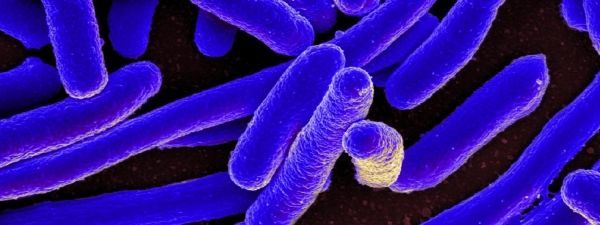Best known as a pathogen that causes food poisoning or steals nutrients away from its host, the E. coli bacterium actually plays a critical role in promoting health by producing a compound that helps cells take up iron, new CU Boulder research shows.
The study, published today in the journal Cell, sheds new light on the mechanism by which E. coli—which is highly prevalent in the human gut—benefits its host and could ultimately lead to more effective therapies for iron deficiency anemia, which impacts more than 1 billion people worldwide.
“In recent years, we have begun to realize that many microorganisms populating the human gastrointestinal tract are good for us, but we are only beginning to discover exactly what benefits they offer and how,” said senior author Min Han, a professor in CU Boulder’s Department of Molecular, Cellular and Developmental Biology (MCDB). “This new finding identifies one key role of E. coli and that is to help cells absorb iron.”
While some strains of E. coli can cause illness, most are harmless and the human gastrointestinal tract is crawling with them.
Continue reading at University of Colorado - Boulder.
Image via University of Colorado - Boulder.


